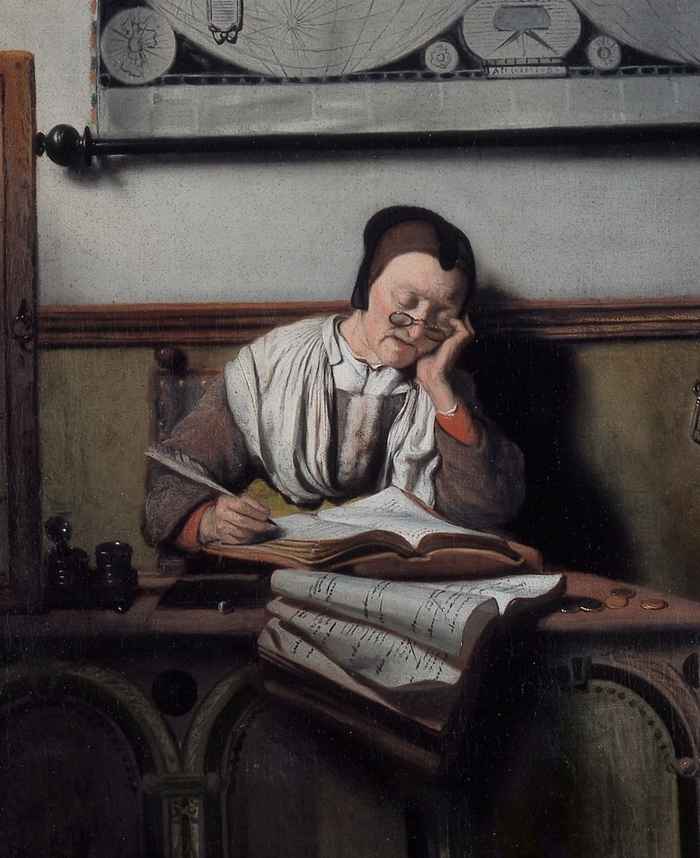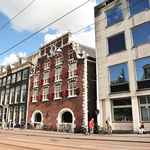Vossius Summer Seminar 11 June: How Knowledge Travels and Settles
- Date
- 11 June 2025
- Time
- 15:30 -18:00
- Location
- University Library
- Room
- Potgieterzaal

PROGRAM
15.30-16.15: Blaž Zabel, University of Ljubljana & Vossius fellow
Localising Languages: Milman Parry between Philology and Comparative Literature
Why does literature belong to a language and to its linguistic community? To explore this question, I turn to the work of Milman Parry (1902–1935), one of the most influential classical scholars of all time, now best known for introducing the “big idea” that Homer was an illiterate poet. My presentation draws on previously unknown documents to show how he used Homer’s linguistic identity to, first, assign him an oral language, second, place him within an oral society, and finally, compare him to the South Slavic oral epic. Parry’s example reveals much about how a text’s linguistic identity is construed: agentively, by assigning a language to a text or situating it within a linguistic community, but also by resisting orientalist or falsely imposed identities. I conclude by arguing that our agency in shaping linguistic identity compels us to engage in more, not less, philology when we study literature.
16.20-17.05: Wenrui Zhao, Cornell University & Vossius fellow
Mining and Medicine between Early Modern Central Europe and Sumatra
In the late seventeenth century, the Dutch East India Company (VOC) launched intensive mining operations on Sumatra’s west coast. Mining professionals from German lands, medical practitioners, Minangkabau people, and enslaved laborers mostly from Madagascar were brought together at the mining sites: a space where diverse peoples, ways of knowing, and the natural world intersected. In this talk, I explore the contested processes of geological and medical knowledge production in the mountains and rivers surrounding the mining sites. The ways in which these artisanal and medical practitioners’ engagement with the unfamiliar environment and local communities shaped early modern European understandings of nature and human health, in a process that revealed the limitations of European frameworks when confronted with local realities.
17.10-17.55: Floris Solleveld, Vossius fellow
Concepts and Compilations: A data history of the humanities, 1700-1900
My paper explores how the history of the humanities can be re-examined by focusing on data collection, from the antiquarian compendia of the early modern period to the large-scale source publications of the 19th century. These collections, I argue, have shaped how we see language, history, religion, art, and antiquity as objects of study: source publications, collections of language material, antiquarian compendia, and musealization have exemplified and even defined what these notions stand for. My forthcoming book, After Erudition, analyzes this ongoing dialectics between data gathering and theory formation. The word ‘data’ was used in the 18th century already; the question is how something (a language, a historical record, an inscription, a collection of artworks or curiosities or antique remains or ethnographic objects) becomes ‘data’ in the sense of standardized bits of information, and how that data is used to build something more than that: a narrative of historical development, a linguistic classification, a reconstruction of the past, a theory of culture.
18.00: Drinks
